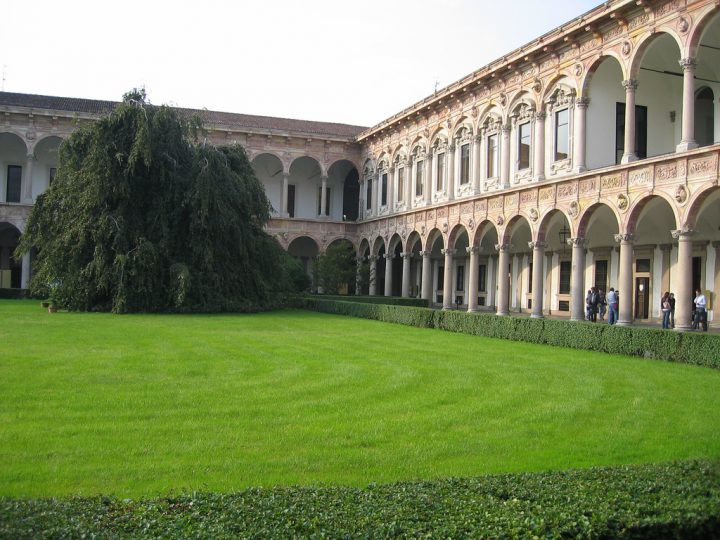After completing an undergraduate degree in Political Science in Milan, I continued to study in England and I am now finishing a doctorate program at the University of Sheffield. I can therefore participate in the debate on limited enrollment in universities in Italy, using my experiences in both countries.
I am against limited enrollment, but I believe that opposition absolutely goes hand in hand with a campaign for greater investment in universities and reform that aims to dismantle the power structures present in the academic world. The problem of resources and quality of education is real, but simply limiting admission doesn’t solve anything and only renders universities more elitist.
I’ve always criticized the idea of introducing entrance exams or admission based on the grade of your final exams. I met many people during my undergraduate studies that then continued on with successful university careers that perhaps would not have been admitted otherwise. Additionally, an entrance exam could disfavor students that come from technical schools, who are often part of a more disadvantaged class and impedes their admission to university.
The English model that I’ve gotten to know more closely these past few years has an elitist foundation, with a very narrow range of quality universities (with more funds at their disposal), and then a variety of universities at gradually lower levels. It’s essentially a re-modeling of class society in the UK within the university system itself.
The English system shows all of the contradictions of universities marketed to and organized around productivity and performance criteria. Surely in respect to Italy and to other European systems that are more traditional it is more dynamic, has more funds and offers better possibilities to young academics. On the other hand however it requires a much more disciplined regime: all of the students are under pressure to produce high-level research and are stressed by the amount of tasks related to teaching, research and administrative issues. Then there is the growing precariousness of employment, in respect to just a decade ago: more and more positions are offered for only a year or two- or sometimes only a semester- instead of permanent contracts. All of this is backed by very high university taxes, on student debt and on the commercialization of the university world. The most striking example in this regard is the United States, where universities have become fully-fledged investment companies that manage huge real estate portfolios and consider teaching as almost a secondary activity.
The Italian model, which is fairly consistent and universal- at least in theory- must be defended because it represents a more inclusive, less competitive idea of university instruction. In this regard we should facilitate access to working students by introducing evening classes and other similar measures.
For some specialized subjects, such as medicine or others where teaching requires sophisticated and expensive equipment (engineering, chemistry, etc.), limited enrollment could indeed be a necessity; while in the humanities it seems to me the only limit is a block in hiring, lack of teaching positions for researchers and temporary members of staff. In this setting I don’t see justification in limited enrollment: it’s much better to invest in hiring researchers and teachers and perhaps retire some university magnates.
In conclusion, instead of idealizing the Anglo-Saxon model, Italy should protect and invigorate its public, inclusive and quality university education system.
Translation from Italian by Liane Arter






